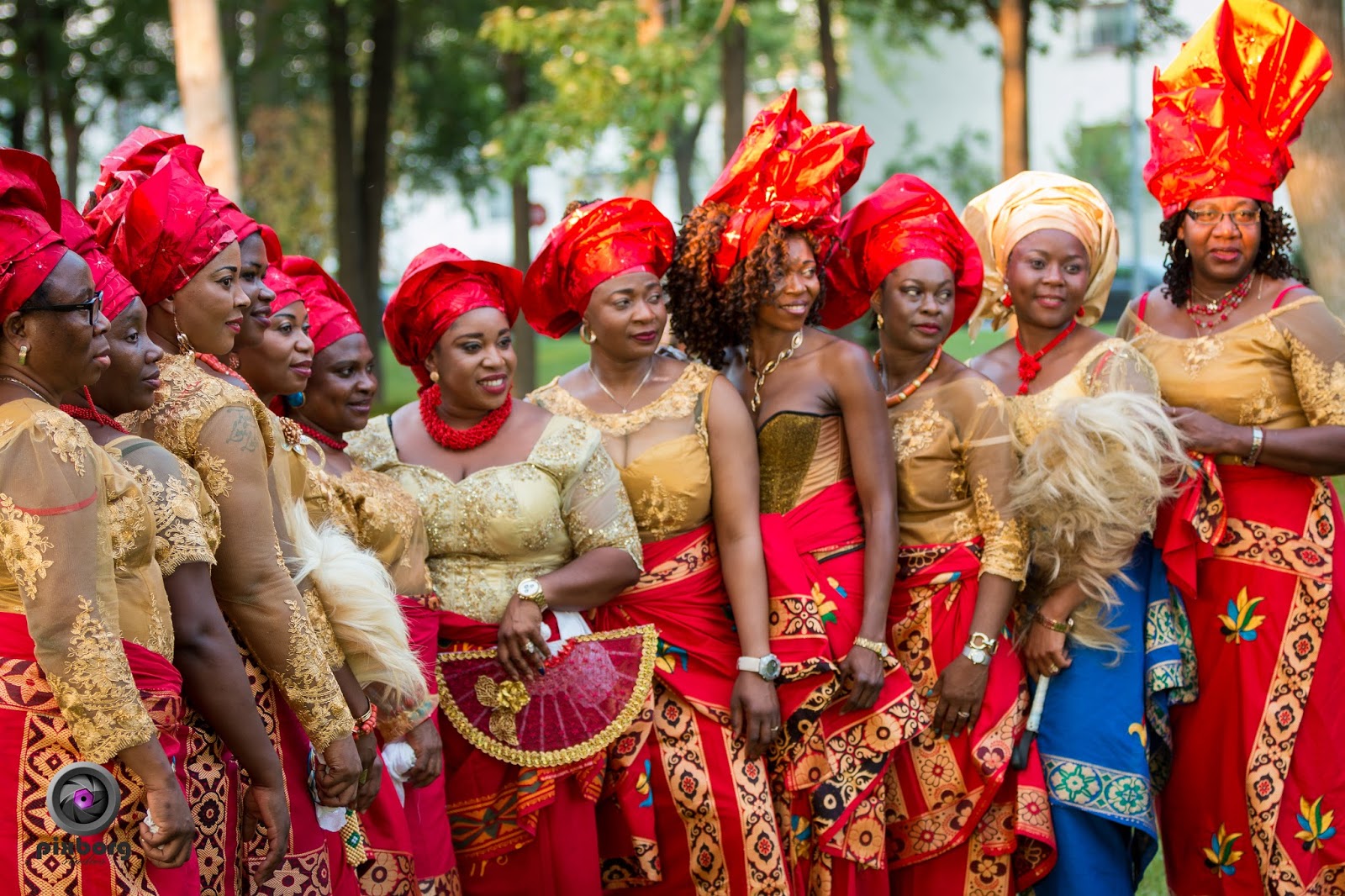Ibo Tribe: The Rich Culture And Heritage Of Nigeria's Indigenous People
The Ibo Tribe, also known as the Igbo, is one of the most significant ethnic groups in Nigeria, rich in culture, traditions, and history. With a population of over 40 million, the Igbo people predominantly reside in the southeastern region of Nigeria. They are known for their vibrant festivals, intricate art forms, and deep-rooted customs that have been passed down through generations. This article delves into the various aspects of the Ibo Tribe, exploring their rich heritage, social structure, and contributions to Nigerian society.
The Ibo Tribe's history is steeped in ancient customs that shape their identity today. Understanding their way of life is crucial in appreciating the diversity of Nigeria's cultural landscape. This article aims to provide an in-depth analysis of the Ibo Tribe, highlighting their unique practices, traditions, and the challenges they face in the modern world.
Join us on this journey to explore the Ibo Tribe, as we uncover the essence of their culture, the significance of their traditions, and the resilience of their people in maintaining their identity amidst the influences of globalization.
Table of Contents
- 1. History of the Ibo Tribe
- 2. Cultural Practices and Traditions
- 3. Social Structure of the Ibo Community
- 4. Major Festivals Celebrated by the Ibo People
- 5. Economic Activities and Livelihood
- 6. Challenges Faced by the Ibo Tribe
- 7. Contributions to Nigerian Society
- 8. Conclusion
1. History of the Ibo Tribe
The Ibo Tribe has a rich history that dates back centuries. They are believed to have migrated to their current region in southeastern Nigeria from the north. The Ibo people have a complex social structure and a unique language, which is one of the most widely spoken in Nigeria. Historically, they were organized into autonomous communities, each governed by a council of elders.
During the colonial period, the Ibo people faced numerous challenges as their lands were invaded and their traditions disrupted. The Biafran War (1967-1970) was a significant event in Ibo history, as it represented their struggle for independence and recognition. Despite the war's devastating effects, the Ibo Tribe has shown resilience and continues to thrive in contemporary Nigeria.
2. Cultural Practices and Traditions
The culture of the Ibo Tribe is rich and diverse, characterized by unique customs, art, and folklore. The Ibo people are known for their traditional music, dance, and storytelling, which play a crucial role in their community life.
2.1 Language and Communication
The Ibo language is an essential aspect of their identity. It comprises various dialects, with Standard Igbo being the most widely spoken. The Ibo people use proverbs, idioms, and oral literature to convey wisdom and cultural values.
2.2 Traditional Clothing
Traditional attire among the Ibo people is colorful and symbolic. Men typically wear wrappers and shirts, while women adorn themselves with blouses, skirts, and head ties. The use of intricate patterns and designs in their clothing reflects their artistic heritage.
3. Social Structure of the Ibo Community
The social structure of the Ibo Tribe is matrilineal, meaning lineage and inheritance are traced through the mother's side. This unique system influences various aspects of their lives, including marriage and family dynamics.
3.1 Marriage Customs
Marriage among the Ibo people is a significant social event, often involving elaborate ceremonies and rituals. Bride price is a crucial aspect of Ibo marriages, symbolizing respect for the bride's family.
3.2 Role of Elders
Elders hold a revered position in Ibo society as custodians of culture and tradition. They play a crucial role in decision-making processes and conflict resolution within the community.
4. Major Festivals Celebrated by the Ibo People
The Ibo Tribe celebrates numerous festivals throughout the year, each with its significance and traditions. These festivals serve as a time for family reunions, cultural expression, and community bonding.
4.1 New Yam Festival
The New Yam Festival, known as "Iriji Mmanwu," is one of the most important celebrations among the Ibo people. It marks the end of the harvest season and is celebrated with feasting, dancing, and cultural displays.
4.2 Odu Ogbunike Festival
The Odu Ogbunike Festival is another significant event that celebrates the cultural heritage of the Ibo people. It involves traditional music, dance, and the reenactment of historical events.
5. Economic Activities and Livelihood
The Ibo Tribe is primarily agrarian, with farming as the mainstay of their economy. They cultivate various crops, including yams, cassava, and maize. Trade and commerce are also integral to their livelihood, with many Ibo people engaged in small businesses.
6. Challenges Faced by the Ibo Tribe
Despite their rich culture and contributions to society, the Ibo Tribe faces numerous challenges. Economic disparities, political marginalization, and the effects of globalization threaten their traditional way of life.
7. Contributions to Nigerian Society
The Ibo Tribe has made significant contributions to Nigerian society in various fields, including politics, education, and business. Prominent Ibo figures have played pivotal roles in shaping Nigeria's history and development.
8. Conclusion
In conclusion, the Ibo Tribe is a vital part of Nigeria's cultural tapestry, with a rich heritage and a resilient spirit. Despite the challenges they face, the Ibo people continue to celebrate their traditions and contribute to the nation's development. We invite readers to share their thoughts on the Ibo Tribe and explore further articles about the diverse cultures in Nigeria.
Thank you for taking the time to learn about the Ibo Tribe. We hope you found this article informative and engaging. Please feel free to leave a comment or share this article with others who may be interested in learning more about the Ibo people.
Funny Bios: The Art Of Crafting Humorous Online Profiles
Matt Slays: The Rise Of A YouTube Sensation
Understanding H3h3 And Their Age: A Deep Dive


